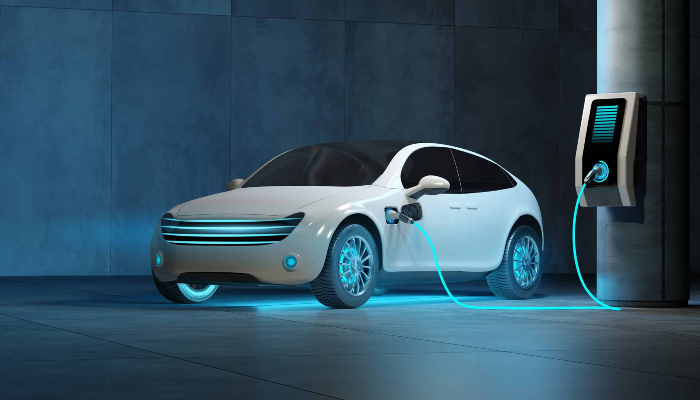
Electric vehicles are secretly damaging the environment, a new study revealed.
According to Sci Tech Daily, a study from Princeton University has made a shocking revelation that the refining of critical chemicals for the batteries of electric vehicles (EVs) causes pollution.
The study focused on China and India found that if the two countries manufacture all parts of their EVs domestically, it could increase their national sulphur dioxide (SO₂) emissions by 20% as compared to current levels, as the making of key materials for the batteries, nickel and cobalt, releases harmful gases that damage the air.
The corresponding author of the study, Wei Peng, said, “Many discussions about electric vehicles focus on minimising emissions from the transport and power sectors. But we show here that the impacts of electric vehicles don’t end with vehicle tailpipe emissions or electricity. It’s also about your entire supply chain.”
Researchers in the finding published in Environmental Science & Technology argued that the countries must think strategically to develop decarbonisation plans.
The first author, Anjali Sharma, who completed the work as a postdoctoral researcher, explained, “If you dig deep enough into any clean energy technology, you will find there are challenges or tradeoffs. The existence of these tradeoffs doesn’t mean that we stop the energy transition, but it does mean that we need to act proactively to mitigate these tradeoffs as much as possible.”
Furthermore, for the cleaner making of electric vehicle batteries, researchers suggested that new technologies and chemistries should be made to avoid process-based SO2 emissions and enforcement of strict air pollution rules.















